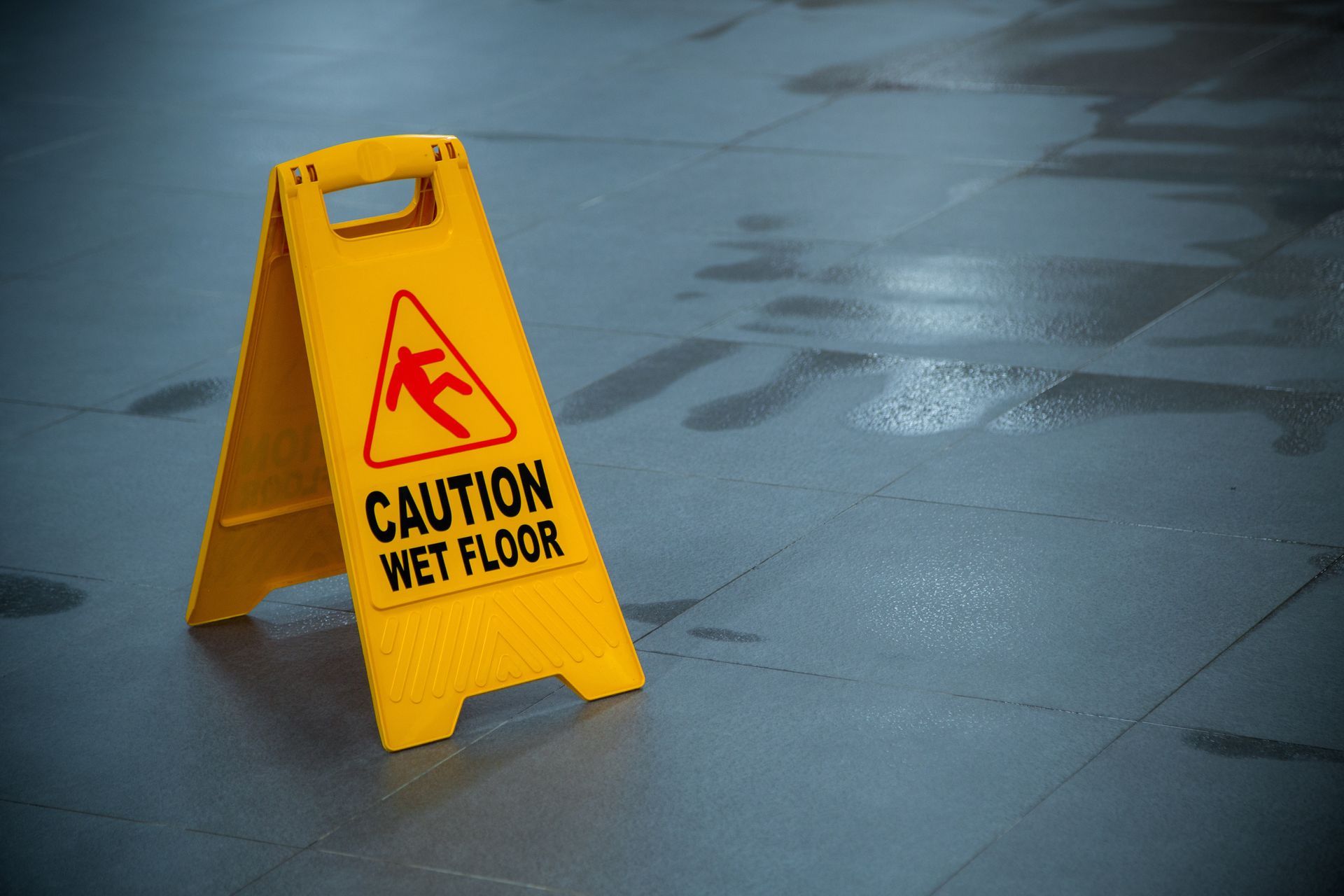When you've been injured due to someone else's negligence, documenting your injuries thoroughly is crucial for building a strong personal injury case. Proper documentation not only helps substantiate your claim but also ensures that you receive fair compensation for your suffering. Personal injury attorneys often emphasize the significance of meticulous record-keeping and provide valuable tips for effectively documenting your injuries. This article explores why documenting your injuries is essential and offers practical advice for doing so.
Why Documenting Your Injuries Matters
Establishing the Severity of Your Injuries
Accurate documentation provides concrete evidence of the extent and seriousness of your injuries. This helps establish the severity of your condition and the impact it has had on your life.
Benefits:
- Detailed medical records show the diagnoses, treatments, and progress of your injuries, demonstrating their impact on your health.
- Photographs of your injuries provide visual proof of their severity, which can be compelling in legal proceedings.
Supporting Your Claim for Compensation
Proper documentation supports your claim for compensation by
providing evidence of the damages you have suffered, including medical expenses, lost wages, and pain and suffering.
Benefits:
- Records of medical treatments, bills, and other expenses help justify your claim for economic damages.
- Documented evidence of your injuries and their effects on your daily life supports claims for non-economic damages such as pain and suffering.
Facilitating Effective Legal Representation
Personal injury attorneys rely on comprehensive documentation to build and present a strong case. Complete and accurate records provide attorneys with the information needed to advocate effectively on your behalf.
Benefits:
- Detailed documentation allows attorneys to understand the full scope of your injuries and develop a robust legal strategy.
- Comprehensive evidence helps attorneys negotiate with insurance companies and, if necessary, present a compelling case in court.
Tips for Documenting Your Injuries Effectively
Seek Prompt Medical Attention
Receiving prompt medical attention is crucial for both your health and the documentation process. Early medical records serve as a baseline for assessing the severity of your injuries.
Actions:
- Get evaluated by a medical professional as soon as possible after the injury occurs. This creates an official record of your condition and treatment.
- Adhere to prescribed treatments and attend follow-up appointments to demonstrate ongoing efforts to address your injuries.
Keep Detailed Medical Records
Maintaining comprehensive medical records is essential for documenting your injuries and treatment. These records provide evidence of your condition and the care you have received.
Actions:
- Obtain copies of all medical reports, including diagnoses, treatment plans, and progress notes from healthcare providers.
- Document all medications, therapies, and treatments prescribed or administered as part of your recovery.
Document the Physical Evidence
Physical evidence, including photographs of injuries and accident scenes, provides visual proof of the extent of your injuries and the circumstances of the accident.
Actions:
Photograph your injuries from multiple angles and at different stages of recovery to capture their progression.
- If possible, take pictures of the accident scene and any contributing factors, such as hazardous conditions or damaged property.
Maintain a Personal Injury Journal
A personal injury journal allows you to record daily experiences related to your injuries, including pain levels, limitations, and the impact on your daily life.
Actions:
- Note your daily pain levels, physical limitations, and any changes in your condition.
- Write about how the injuries have affected your ability to work, participate in activities, and perform daily tasks.
Keep Track of Expenses and Lost Wages
Documenting your expenses and lost wages is crucial for substantiating your claim for economic damages. This includes costs related to medical care, transportation, and income loss.
Actions:
- Keep all receipts and invoices for medical treatments, medications, and other expenses related to your injury.
- Document any time missed from work due to your injuries, including pay stubs, time-off requests, and correspondence with your employer.
Obtain Witness Statements
Witness statements can provide additional evidence supporting your claim by offering third-party perspectives on the accident and its impact.
Actions:
- If there were people who witnessed the accident or its aftermath, obtain their contact information.
- Ask witnesses to provide written or recorded statements describing what they saw and how they observed your injuries.
Request Copies of Police Reports
If the accident involved law enforcement, the police report can provide valuable information about the incident, including witness statements and officer observations.
Actions:
- Ensure that a police report was filed following the accident, if applicable.
- Obtain a copy of the report from the appropriate law enforcement agency and review it for accuracy and completeness.
Legal Considerations
Avoiding Common Mistakes
Failing to document your injuries properly or making mistakes in your records can negatively impact your claim. Be mindful of common pitfalls to avoid jeopardizing your case.
Pitfalls to Avoid:
- Waiting too long to seek medical attention can undermine your claim by suggesting that your injuries were less severe than they are.
- Inadequate or missing records can weaken your case and make it challenging to prove the extent of your damages.
Working with an Attorney
Personal injury attorneys play a critical role in guiding you through the documentation process and ensuring that all necessary records are collected and presented effectively.
Actions:
- Seek legal advice early in the process to ensure that you understand your documentation responsibilities and how to gather evidence effectively.
- Share all relevant records with your attorney to help build a strong case and pursue fair compensation.
Conclusion
Documenting your injuries thoroughly is a crucial aspect of pursuing a personal injury claim. By following these tips and maintaining comprehensive records, you can effectively substantiate your claim, support your request for compensation, and facilitate strong legal representation. Prompt medical attention, detailed medical records, physical evidence, personal injury journals, expense tracking, witness statements, and police reports all contribute to building a compelling case.
Working with a personal injury attorney ensures that your documentation is handled correctly and that your rights are protected throughout the legal process. With the meticulous documentation and
expert legal guidance of Day Injury Law, you can achieve a favorable outcome and receive the compensation you deserve for your injuries.
Day Injury Law
1120 Mars Hill Road Ste 8
Watkinsville, GA 30677
(706) 425-4500


Watkinsville Location
1120 Mars Hill Rd Ste 8,
Watkinsville, GA 30677
(706) 425-4500
Athens Location
By Appointment Only
112 Park Ave,
Athens, GA 30601
(706) 425-4500
All Rights Reserved | Day Injury Law

